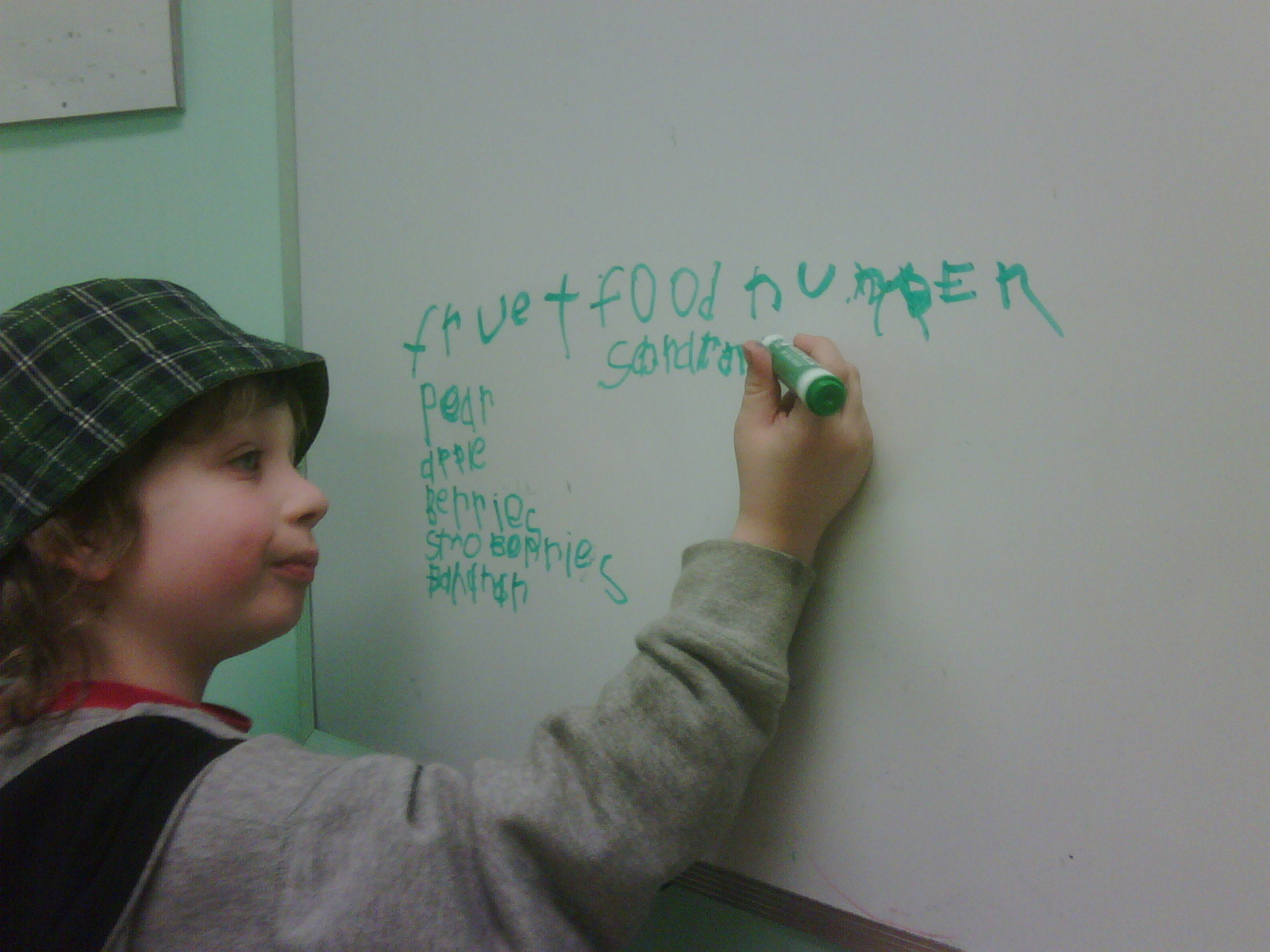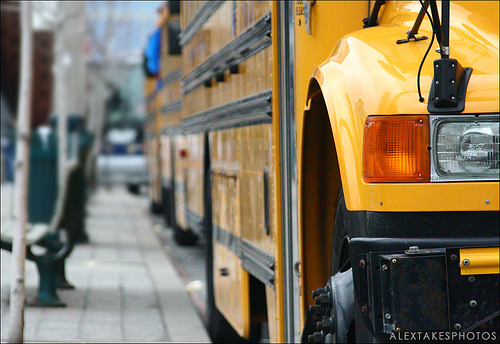April 20 – Miracle cure: Write a news-style article on a miracle cure. What’s the cure? How do you get the cure? Be sure to include a disclaimer.
Try as I might, I was not able to get this prompt to work for me. Therefore, I decided to use one of the bonus prompts that were provided at the beginning of this challenge.
Best doctor’s visit or hospital stay: What made it the best? The news you got? The nurse/doctor/surgeon you saw? The results?
On a cool Spring day in 2010, my husband and I drove George, then six and a half, to an appointment with a psychiatrist. The purpose of the visit was to get the results of the assessment that had been done six weeks previously.
The anxiety we felt went beyond normal parental angst. We were both remembering the assessment that had been done a year previously. It had not gone well. George had been agitated and distracted. He hadn’t settled, refusing even to take his coat off. Throughout the assessment he had underperformed on just about every task. In the next room, I had answered questionnaires, checking the “never” or “rarely” box to almost every question about George’s capabilities.
It had been a dismal experience, and the results had shown severe deficits. Now we were back, one year later, to see what quantifiable effects his first year of IBI therapy had had. He had shown almost no anxiety during the assessment this time, and the specialists had emerged smiling from the room, but we knew that we just had to wait and see the numbers.
When she greeted us, the psychiatrist was as charming and soothing as always. She ushered us into her office and gave George some markers so he could follow his favourite pursuit of scribbling on her white board. He surprised us all by writing lists of words instead.
The psychiatrist could tell that we were nervous, and she was kind enough to dispense with that beat-around-the-bush suspense thing that so many doctors seem to take an inordinate amount of pleasure in. She cut right to the chase.
“George has made phenomenal progress,” she told us.
She showed us reports and charts showing gains in almost every area: cognitive, language, fine motor, gross motor, emotional regulation, behavioural, daily living skills… What this child had achieved in the last year was off the charts.
It was literally off the charts. The psychiatrist showed us a graph showing percentiles of progress after one year of IBI therapy, and sure enough, George’s accomplishments went way beyond the right margin of the page.
In his first year of IBI – in a single twelve-month period – George had made no less than 23 months worth of gains.
That was phenomenal. Far from following the usual model in which autistics develop relatively slower than typically developing children, thereby falling relatively further behind, George had developed at almost double the usual rate. He was still behind other kids of his age, but he was far less behind than he had been, and in some mathematical areas, he had actually started outperforming typical kids.
It’s like starting far back in the pack at a race and being way, way, way behind the leaders. And then, while the leaders maintain the same pace they started with, you put on a hell of a sprint. You probably won’t cross the finish line first, but instead of being twenty minutes behind the guy who wins, you’re only ten minutes behind.
Before getting these results, we had seen changes in George. Progress like that cannot go unnoticed. But it was wonderful to see it in numbers, to see visual proof of what our boy had achieved.
That day, my husband and I truly started to see possibilities for the future, and we made a promise there and then to help our son reach the stars.
(Photo credit: Kirsten Doyle)











